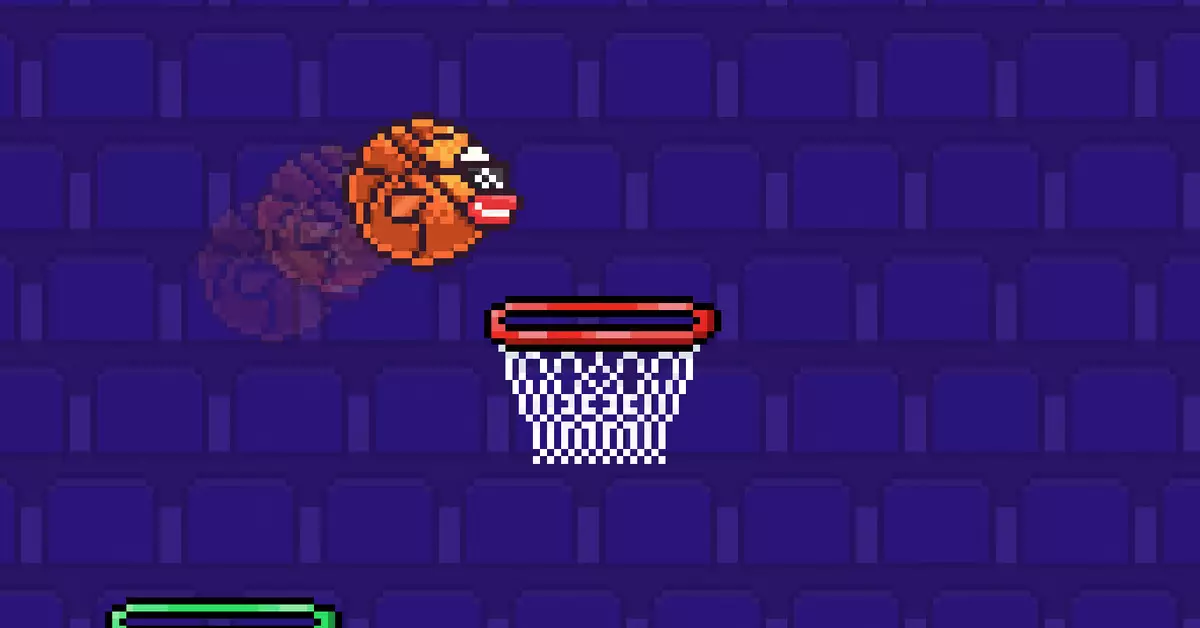In a surprising twist in the gaming world, the gaming community buzzed with excitement last week when a new title called *Flappy Bird* emerged from The Flappy Bird Foundation. While the organization touted the game’s return as a nostalgic revival, the narrative becomes murky when we consider the original developer, Dong Nguyen’s statement disassociating himself from the project. Nguyen, who famously removed the original game from app stores in 2013 due to personal stress and the unexpected fame it generated, has been silent for years—until now. His acknowledgment that he did not sell any rights to the game, coupled with the claims from the Flappy Bird Foundation, indicates a complex web of influence and ownership.
The Flappy Bird Foundation claims to have acquired rights from Gametech Holdings, LLC, a detail that raises eyebrows given Nguyen’s non-involvement. It was revealed that Gametech had secured a trademark on the game, which allowed them to act in opposition to Nguyen’s once-held rights. This move from Gametech has elicited questions about the ethical ownership of game properties and what it means to be an original creator versus an opportunistic entity. The US Patent and Trademark Office’s ruling that terminated Nguyen’s claim in January only adds to the murky waters, suggesting a commodification of his creation that’s unsettling for many fans.
The promotional materials for the newly announced *Flappy Bird* heavily leverage nostalgia, appealing to the emotional connection that many players have with the original game. In the teaser trailer, audiences are reminded of the heights the game hit in popularity, alongside the disheartening news of its sudden removal. As the tagline proclaims, “In 2024, Flappy Bird will fly again,” the campaign relies heavily on sentimental language to evoke a sense of loss and anticipation. However, without Nguyen’s involvement, fans are left questioning whether this revival is genuine or a mere marketing ploy.
Adding a layer of complexity, discussions around cryptocurrency in gaming have surfaced with this announcement. A cybersecurity researcher noted the presence of some hidden content on the Flappy Bird website suggesting that the revival might intertwine with blockchain technology. This hints at a potential move into the burgeoning web 3.0 space, where players might have the opportunity to not just play, but also own a stake in the game. The juxtaposition of a beloved indie mobile game transitioning into the often-controversial cryptocurrency realm poses critical questions about what the future holds for game ownership and monetization.
As the *Flappy Bird* saga unfolds, it serves as a reminder of the shifting landscape within the gaming industry and the precarious nature of intellectual property rights. Whether this new iteration will successfully capture the heart of its predecessors remains to be seen, but the story underscores the importance of protecting creative works and the potential ramifications of commodifying nostalgia. As the gaming community eagerly awaits the arrival of *Flappy Bird* in 2024, the absence of its original creator might render the release more complicated than the Foundation anticipates. Ultimately, it raises the daunting question: when is a revival, not a revival?


Leave a Reply